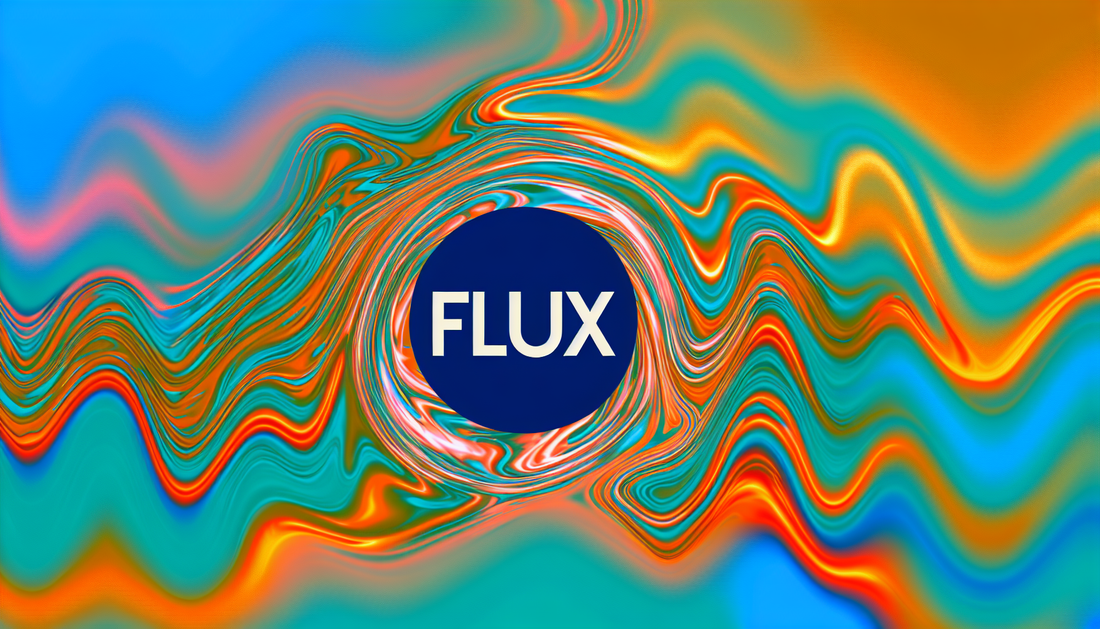
FLUX vs. Rivals: The Future of Decentralized Cloud
Share
FLUX: Comparing to Rivals in the Crypto Space
In the ever-evolving landscape of cryptocurrency, FLUX emerges as a utility token tailored for the decentralized cloud infrastructure. As a crucial component of the FLUX ecosystem, it competes with other blockchain platforms offering similar services. The value proposition of FLUX lies in its ability to facilitate decentralized computing resources, enabling developers to launch and manage their applications without centralized dependencies.
Key Competitor Analysis
When comparing FLUX to its rivals, certain noteworthy competitors come to the forefront.
Ethereum and Its Layer 2 Solutions
Ethereum (ETH), the pioneering smart contract platform, is a significant competitor, offering robust infrastructure and an extensive decentralized application (dApp) market. However, Ethereum struggles with scalability issues, leading to the rise of Layer 2 solutions to enhance its capacity. Despite these challenges, Ethereum remains a formidable competitor due to its first-mover advantage and large developer community. FLUX's decentralized cloud model counters by offering inherently scalable solutions, potentially appealing to developers seeking cost-effective alternatives.
Polygon
Polygon (previously Matic Network) has positioned itself as a layer 2 aggregator to enhance Ethereum's scalability. It aims to create an interconnected blockchain ecosystem. Polygon benefits from fast transaction speeds and low fees, directly competing with FLUX’s promise of efficient cloud infrastructure. However, FLUX distinguishes itself with its focus on providing a decentralized cloud computing environment, serving as a niche specialization that can attract a particular segment of developers.
Elrond
Another competitor, Elrond, focuses on scalability and speed, utilizing a sharded architecture. Elrond's emphasis on performance and low latency provides a competitive edge, similar to FLUX's promise of a decentralized infrastructure that supports rapid and scalable applications. The choice between these two may often depend on specific developer needs and ecosystem preferences. Here, FLUX’s open ecosystem can provide an advantage for those prioritizing decentralized applications.
Conclusion and Outlook
While FLUX faces stiff competition from established blockchain networks such as Ethereum and emerging solutions like Polygon and Elrond, its focus on delivering decentralized cloud infrastructure as a service sets it apart. Developers exploring alternative decentralized solutions may find FLUX’s approach appealing, allowing for flexibility and decentralization not necessarily available from larger networks. As the crypto space continues to expand, FLUX’s ability to carve out a unique niche in cloud computing will determine its longevity and success against these robust competitors.
Discover more about Elrond’s blockchain efficiency and scalability and other blockchain insights at Bestdapps.com.
